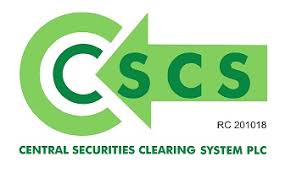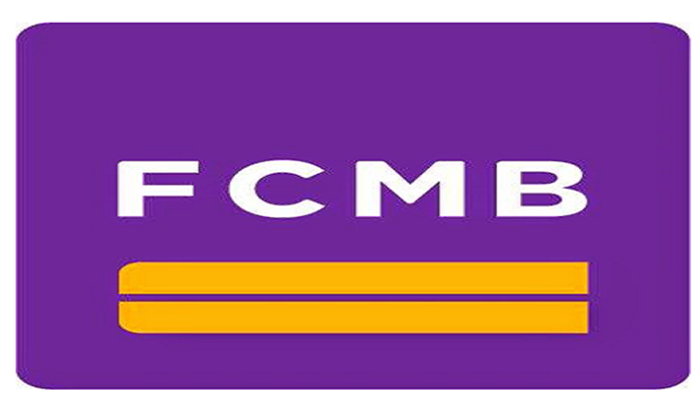August 26, 2019/SEC
The Securities and Exchange Commission, SEC is to engage relevant stakeholders on the implementation of some initiatives of its 10 year Capital Market Master Plan
Specifically, the engagements would be on E-Dividend registration and Multiple Accounts regularisation in a bid to reduce the unclaimed dividends profile in the Capital Market.
This was stated by Acting Director General of the SEC, Ms. Mary Uduk at the end of the Second Quarter Capital Market Committee Meeting in Lagos.
As part of the engagement, Brokers and registrars are required to make available to the Committee on Multiple Subscription Account, on a periodic basis, the number of regularized accounts.
Uduk said specific areas of engagement are Ensuring that complete investor data are transferred among operators such as Brokers, Registrars and CSCS, Discouraging unclaimed dividends from building up from securities of newly-listed companies.
According to Uduk, “ Another thing we need to do is developing the modalities for validating register of members, where the registrars are furnished with incomplete information such as missing account numbers.
Following the expiration of free e-dividend mandate registration period offered to investors, the Securities and Exchange
The SEC boss also unveiled plans to partner the Central Bank of Nigeria (CBN) to ensure that e-dividend charges are included in the guideline for bank charges. This follows the expiration of the free e-Dividend mandate registration period offered to investors by the SEC.
According to Uduk, “SEC has been underwriting the e-dividend charges of N1.50 kobo but since we stopped, we have received a lot of complaints from investors due to the e-dividend charges.
“But after extensive discussions with the capital market committee, the Commission intends to partner with the apex bank to issue charges on E-DMMS transactions. The CBN has a published charge for the banks. This means that any transactions carried out by any bank, there is an established charge.”
She added: “The e-dividend charge is not part of the charges from the CBN and so because of that, investors are having issues with banks where they are charged for some transactions that are not listed as bank charges, which they do not know.”














